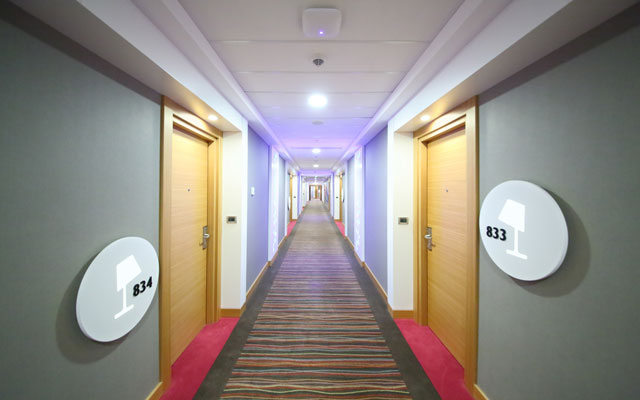Hoteliers are taking control of their direct booking channels by stepping up personalisation, guest engagement and B2B relationships, industry players were eager to show at the recent Direct Booking Summit in Singapore.
“Direct booking rates can start from one per cent to 13 or 14 per cent for various hotels. Our best bet to secure direct bookings is to make the reservation process as simple as possible for the customer,” noted Matthew Faull, executive director & senior vice president of e-commerce, distribution and IT, Swiss-Belhotel International.

“That would also depend on the market, what their purpose of travel is, and the different requirements that follow,” he added.
One of the recommended methods is ensuring targeted content on the hotel website. For example, Dewa Phuket Resort leverages its repeat clients – some 10 per cent annually – to share content on their stay online in return for rewards.
By using content generated by guests, the hotel would not have to spend money on campaign shots, and the content can be tailored according to market and season of visit, explained Gary Zurnamer, director of partnerships travel, Stackla.

Some hotels have also enhanced their methods of building a strong digital presence and sustaining online customer engagement. For example, Conrad Manila has rolled out a table booking solution with conversational reservation platform Alex, developed by Global Hospitality Solutions.
Unlike a chatbot that is typically embedded in a company website or app, Alex enables hotels to reach customers directly through popular messaging platforms, and uses their preferences from previous bookings to customise the offerings presented for the next reservation.
“We’re moving from e-commerce to conversational commerce. We have to reach customers where they are, where the conversation is – and different target markets use different chat apps, each with different features and booking functions. For example, in Japan it’s Line and in Indonesia it’s Facebook messenger,” said Bernard Quek, founder & CEO, Global Hospitality Solutions.
Some hotels have taken the B2B route, establishing partnerships with neighbouring suppliers to refer visitors. Chantelle Veness, group director of sales & marketing, The Lancemore Group, shared that the Australia-based group’s property in Victoria’s Mornington Peninsula struck a partnership with a nearby popular hot spring, which directs customers to the hotel’s website.
Still, as the conversation about online strategies continues, industry players remain faithful to the human touch in hospitality.
Olga Gergenkop, resident manager, Dewa Phuket Resort, said: “We also have to be mindful of the importance of the on-site experience. We are about to roll out a programme to provide incentives to our front office staff to convert customers who have booked through OTAs into direct booking customers.




















